Travel
20 Unspoken Rules Locals Expect You To Know Across The US
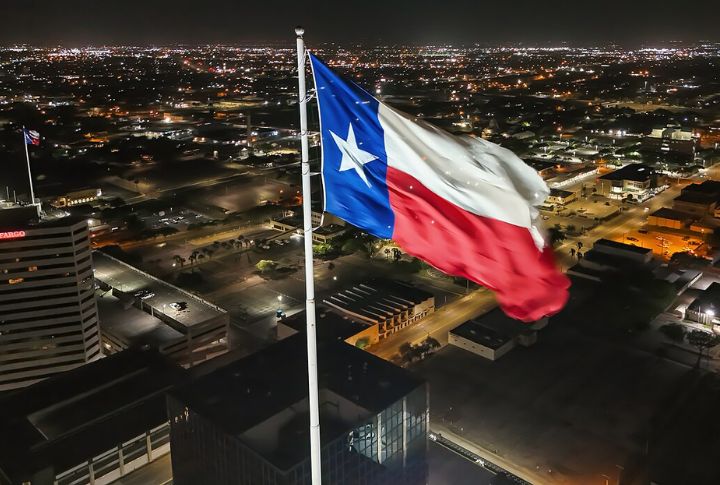
Some rules don’t make it into guidebooks, but breaking them will still get you noticed. Across the country, regions have their own customs that shape daily life. You won’t always hear them explained, but locals expect you to know. These 20 regional habits are followed without question and rarely discussed. Learn them now so you don’t stand out later for all the wrong reasons.
Respecting Silence In Alaska’s Wilderness
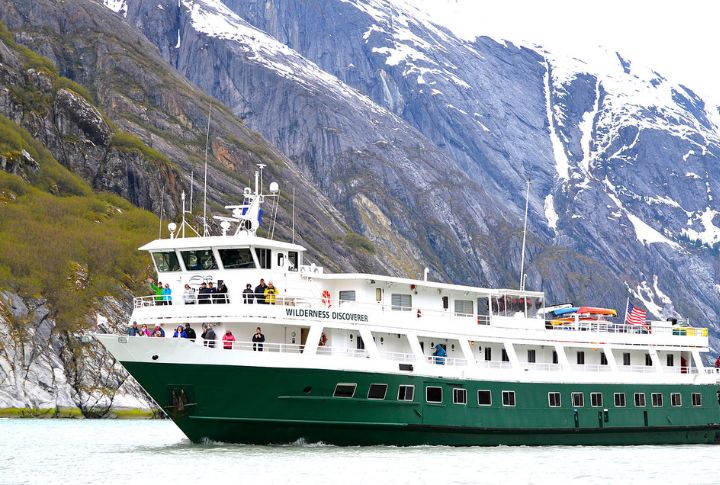
In Alaska, locals often go quiet when encountering wildlife or dramatic scenery. This custom stems from hunting traditions and safety practices in areas like Denali and Wrangell–St. Elias. Visitors talking loudly in remote places stand out quickly. Silence here means respect and survival.
Midwestern Politeness Masks Fierce Sports Rivalries
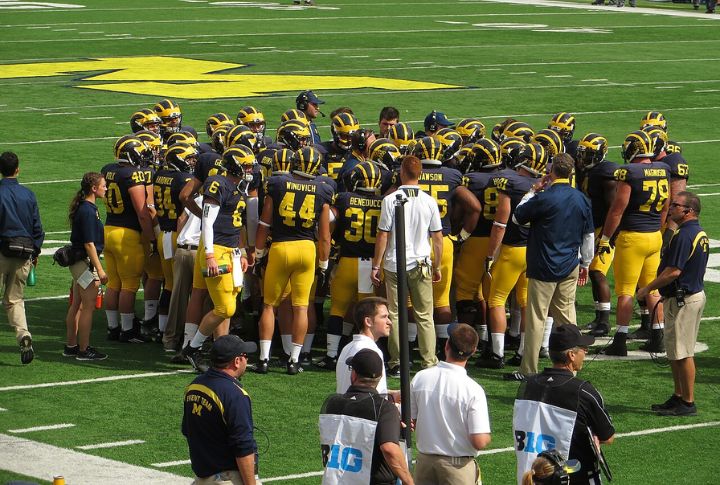
Polite conversation dominates Midwest culture, but sports loyalties reveal deeper emotions. Fans in states like Michigan, Ohio, and Wisconsin follow college football with generational pride. Rivalries such as Michigan vs. Ohio State run deep. Conflict is hidden behind calm words, but loyalties are unshakable.
Beverage Preferences Are Quietly Judged In Utah
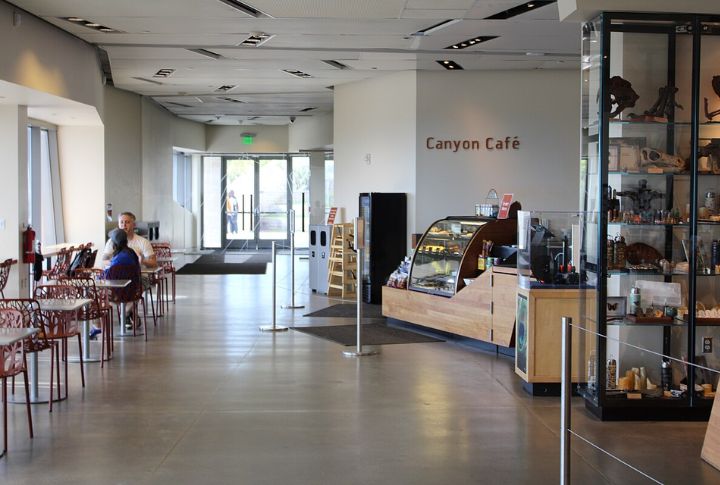
Due to Utah’s large Mormon population, many residents avoid coffee or tea. While there’s no formal rule, social settings often reflect this norm. Someone ordering a large coffee in Provo may get quiet glances. Beverage choices here reveal more than taste.
Appalachian Communities Value Privacy And Self-Reliance
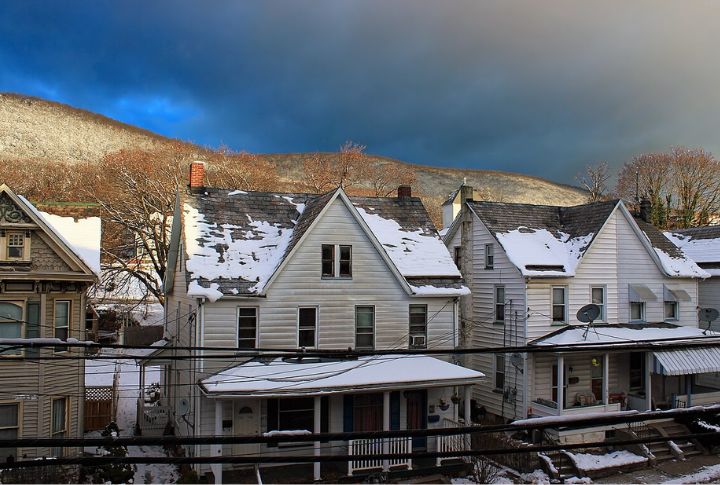
In rural Appalachia, self-sufficiency and personal space are non-negotiable values. Many households expect neighbors to mind their own business. This comes from a long history of isolation and frontier survival. Asking questions about land or family can offend, even if no one says so.
Texans Quietly Expect You To Know Texas Is The Best

Texans often display pride through symbols and traditions. From flying the state flag to wearing state-themed gear, loyalty is constant. This pride stems from Texas’s short-lived independence (1836–1845) and distinct history. Locals don’t brag; they assume everyone already knows Texas is superior.
Pacific Northwesterners Show Status Through Eco Habits
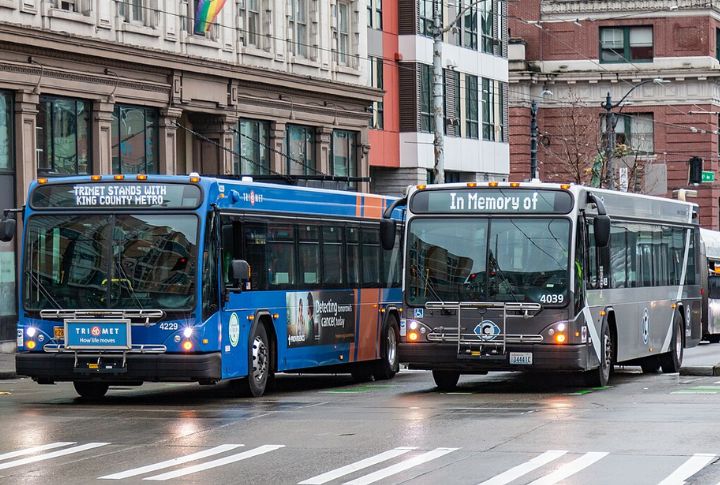
In cities like Portland and Seattle, environmental practices reflect social awareness. Residents prioritize composting, public transit, reusable goods, and sustainable brands. These habits are expected. This mindset evolved from regional activism in the 1970s and persists today as a quiet form of belonging.
Montanans Avoid Bragging About Wealth Or Status
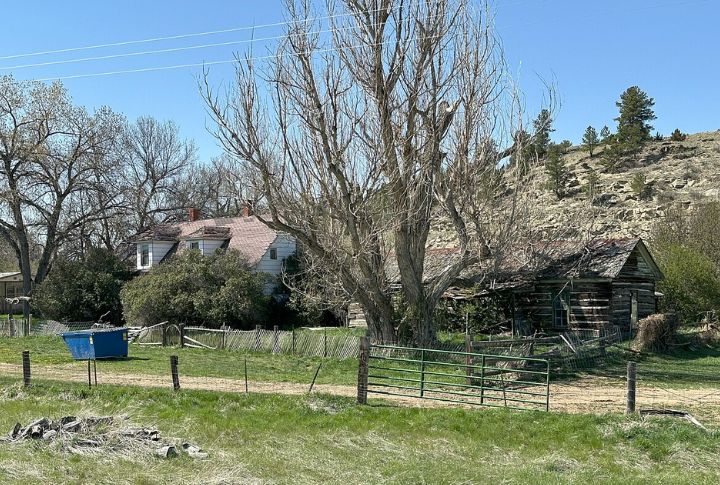
Montana culture discourages showing off money, cars, or titles. Many residents, especially in ranching or logging towns, respect modesty over wealth. This tradition comes from frontier survival, where skills mattered more than image. Bragging is rare, and those who do often lose credibility fast.
Church Attendance In The Deep South Is Social Currency
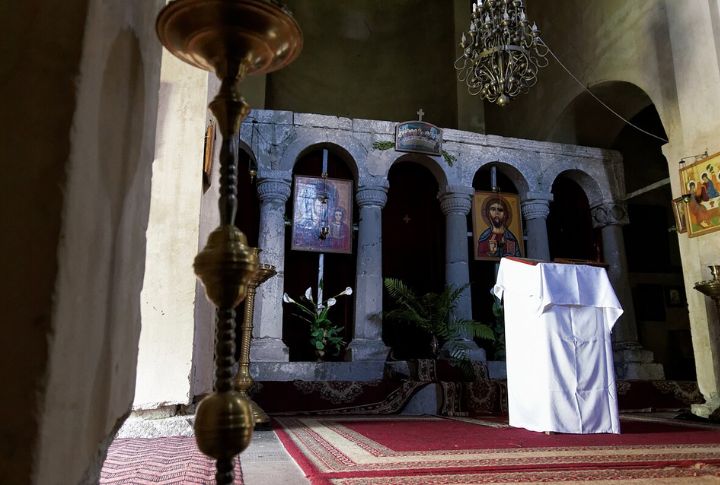
In Southern towns across Mississippi, Georgia, and Alabama, the church is central to community life. Sunday attendance isn’t just about faith but also about social visibility. People will notice that there are too many services missing. Church activities connect families and influence reputations across generations.
Gulf Coast Locals Avoid Bragging About Their Best Beaches
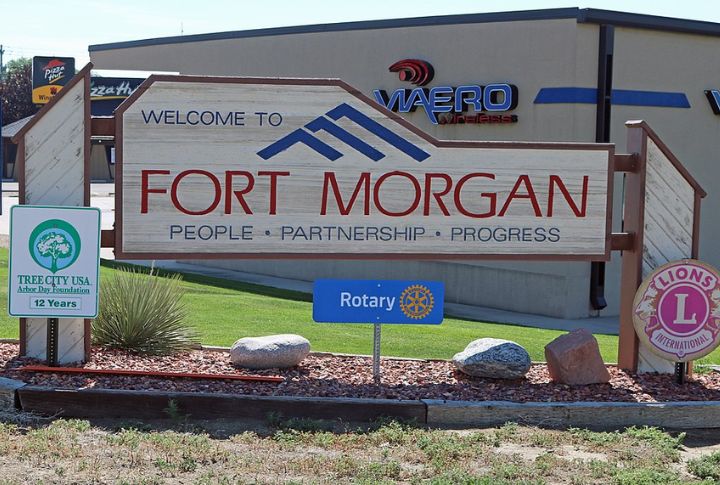
Along the Gulf Coast, locals often avoid naming their favorite beaches publicly. The practice is rooted in experience; too much exposure leads to crowding. Locals share selectively, usually only with locals. This custom protects quiet spots like Fort Morgan or Cape San Blas from over-tourism.
Coloradans Expect You To Know Trail Etiquette Instinctively
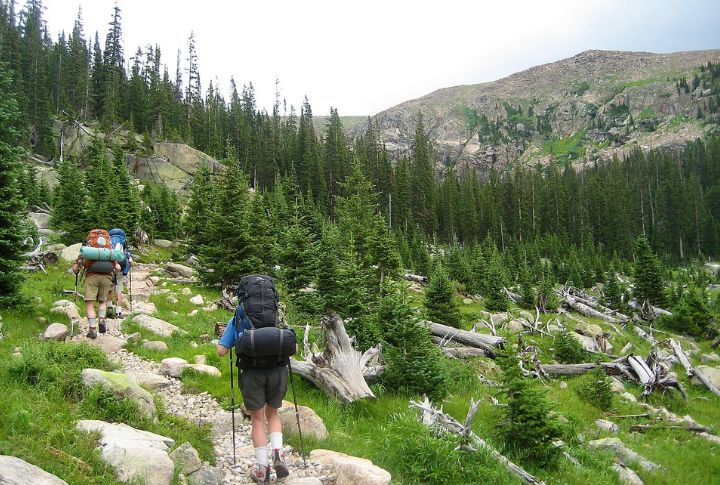
Hiking in Colorado means knowing the rules without signs. Hikers yield to uphill traffic, step aside for runners, and avoid loud music. These norms were developed from heavy trail use and conservation concerns. Locals enforce them silently by withholding greetings or stepping around those who ignore protocol.
Southern Hospitality Requires Guests To Bring A Dish
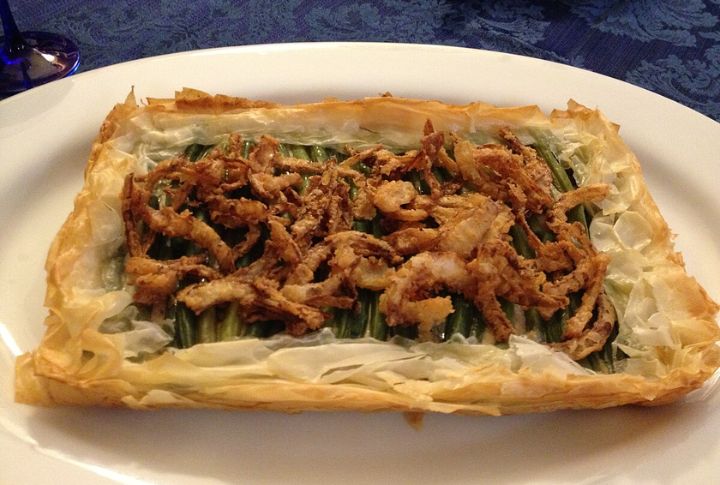
In many Southern states, bringing food to a gathering is expected, not optional. Whether it’s a potluck or a wake, people bring dishes like casseroles or pies. This tradition reflects agricultural roots and community values. Arriving empty-handed signals unfamiliarity with local customs.
Louisiana Locals Guard Family Recipes Like State Secrets

Dishes like gumbo, boudin, and etouffee often follow unwritten recipes passed down through families. In Louisiana, especially in Cajun and Creole communities, food traditions reflect identity. Asking for exact measurements rarely works. Protecting a recipe isn’t rude; it’s cultural preservation tied to family pride.
Minnesota’s Passive-Aggressive Kindness, Known as Minnesota Nice
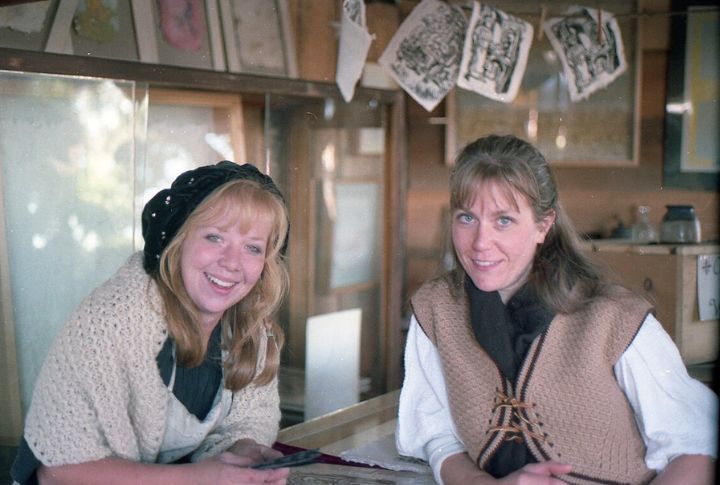
Minnesotans are famously polite but rarely direct. Complaints or rejections are softened with vague phrasing like “That’s different” or “Maybe later.” This behavior evolved from Scandinavian immigrant values. Confrontation is avoided, but judgment is present. Outsiders often misinterpret niceness as approval, which it is not.
Chicagoans Don’t Put Ketchup On A Hot Dog

Putting ketchup on a hot dog is widely frowned upon in Chicago. Local vendors serve their dogs “dragged through the garden” with mustard, relish, and sport peppers. This tradition dates to the early 1900s.
Vermonters Prefer DIY Over Asking For Help
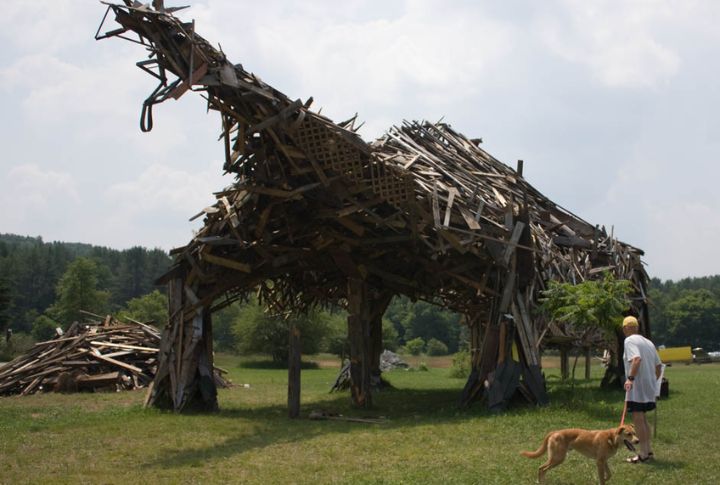
Here, personal independence is a deeply held value. Whether it’s cutting wood or repairing a roof, locals prefer doing it themselves. This attitude comes from early settlers and farming traditions. Needing help isn’t shameful, but asking too quickly can make you seem unprepared.
Oregon’s Strong Norm Against Talking Politics Publicly
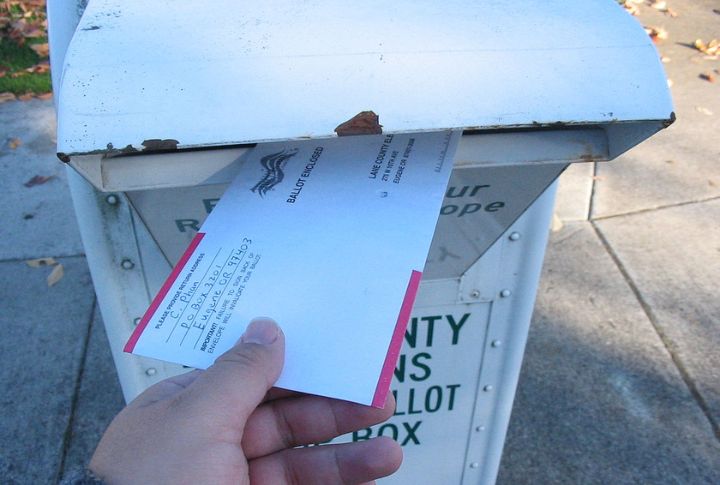
Across Oregon, especially in social or workplace settings, political conversations are often avoided. This restraint comes from a longstanding cultural preference for privacy and mutual respect. While residents vote actively, they rarely debate in public. Voicing strong opinions too freely can make locals uncomfortable quickly.
Avoiding Discussions About Leaving Hawaii

Locals in Hawaii rarely talk about moving to the mainland and dislike hearing others say they couldn’t live there. This unspoken rule reflects the importance of roots and land ties. Outsiders who make casual remarks about leaving often come off as dismissive or disrespectful.
New England Town Meetings Replace Formal Governance
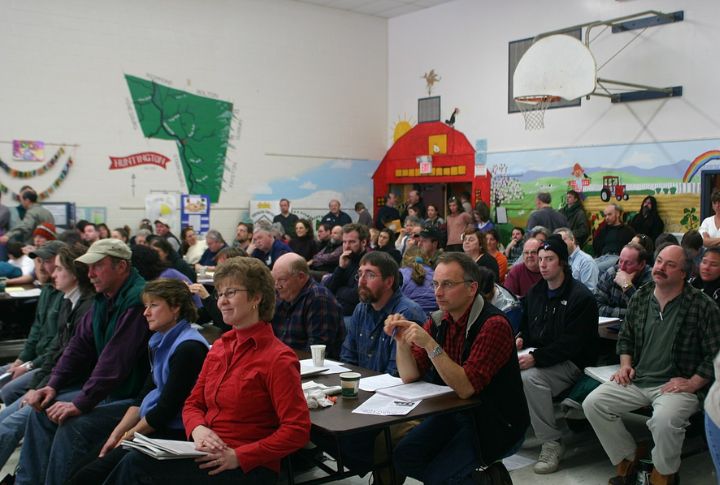
Town meetings in places like Vermont and New Hampshire let citizens vote directly on budgets and local issues. Held annually in March, these meetings date back to colonial times. Residents propose motions and decide policies, no suits, no microphones, just neighbors governing themselves.
Florida’s Hurricane Code Of Conduct Isn’t Written Down
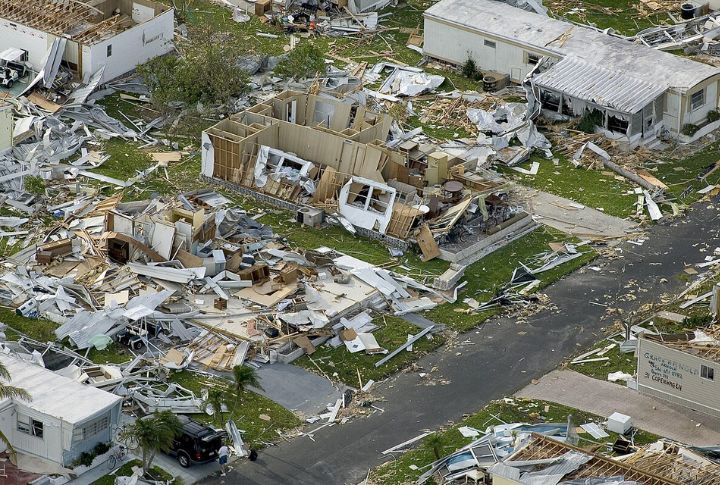
Floridians learn early how to act before, during, and after storms. The tradition passed down after storms like Andrew (1992) and Irma (2017) now guides behavior across the state. Stock water, secure windows, and avoid panic buying—these rules aren’t posted, but they’re understood.
Southerners Use Bless Your Heart With Surgical Precision

In the South, the phrase “bless your heart” isn’t always kind. Outsiders often misunderstand it, sometimes to embarrassing effect. Depending on tone and context, it can express sympathy or subtle criticism. Used mostly by women and elders, it allows emotional expression without direct offense.

